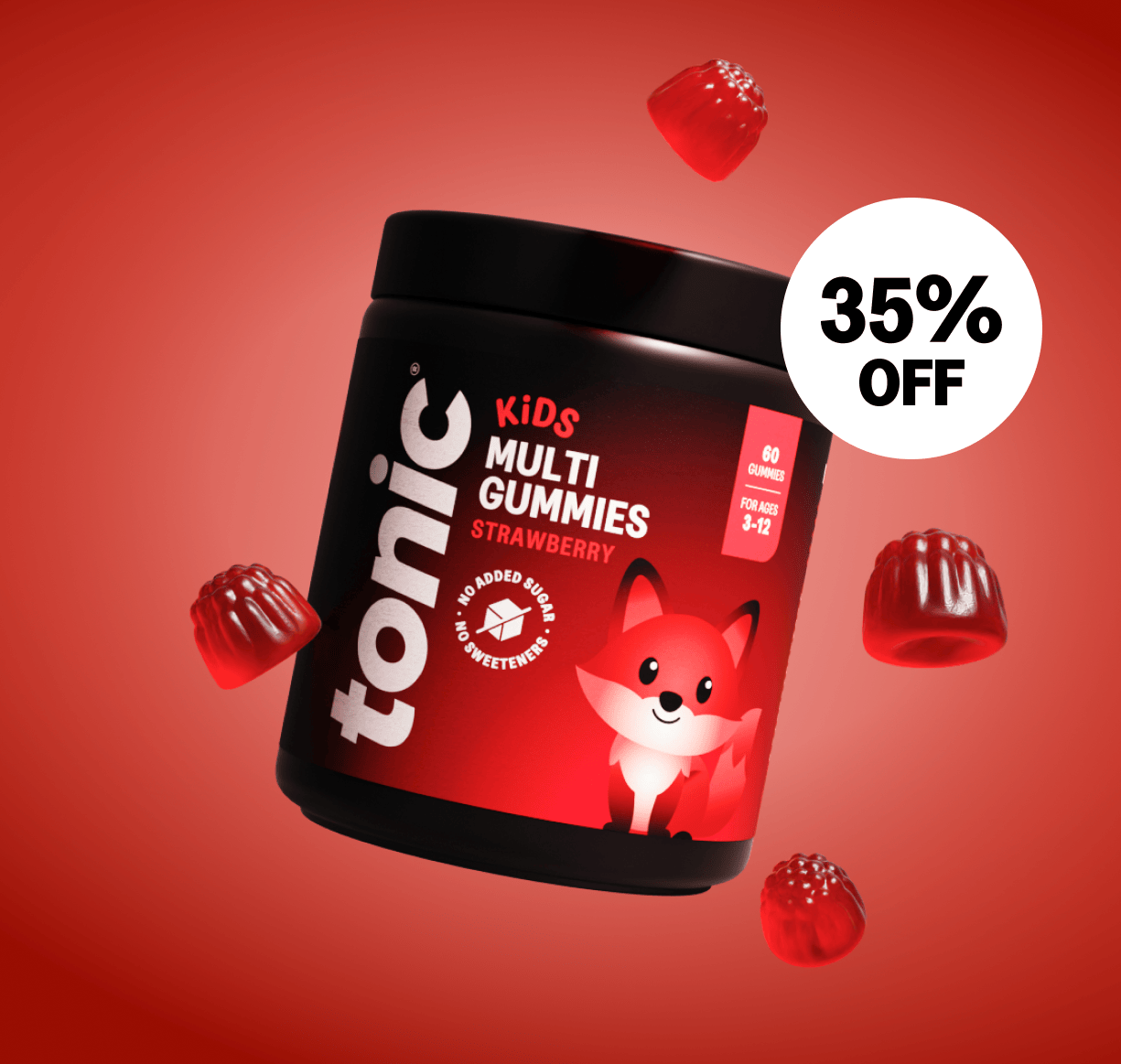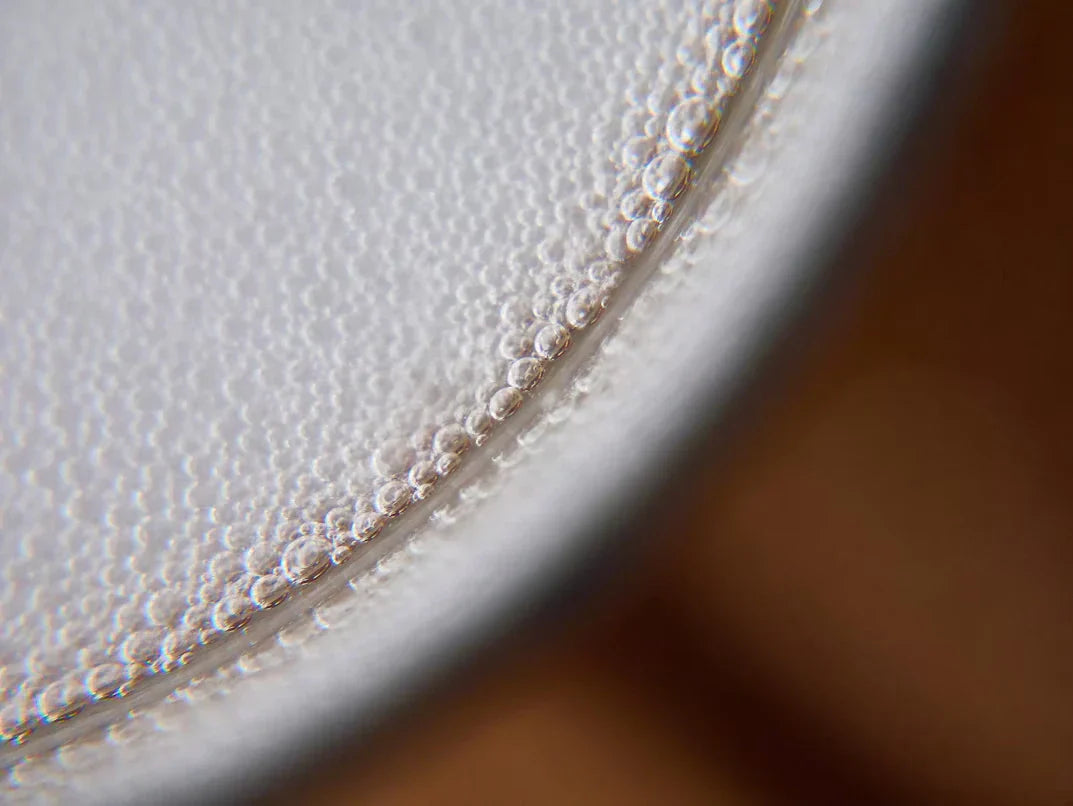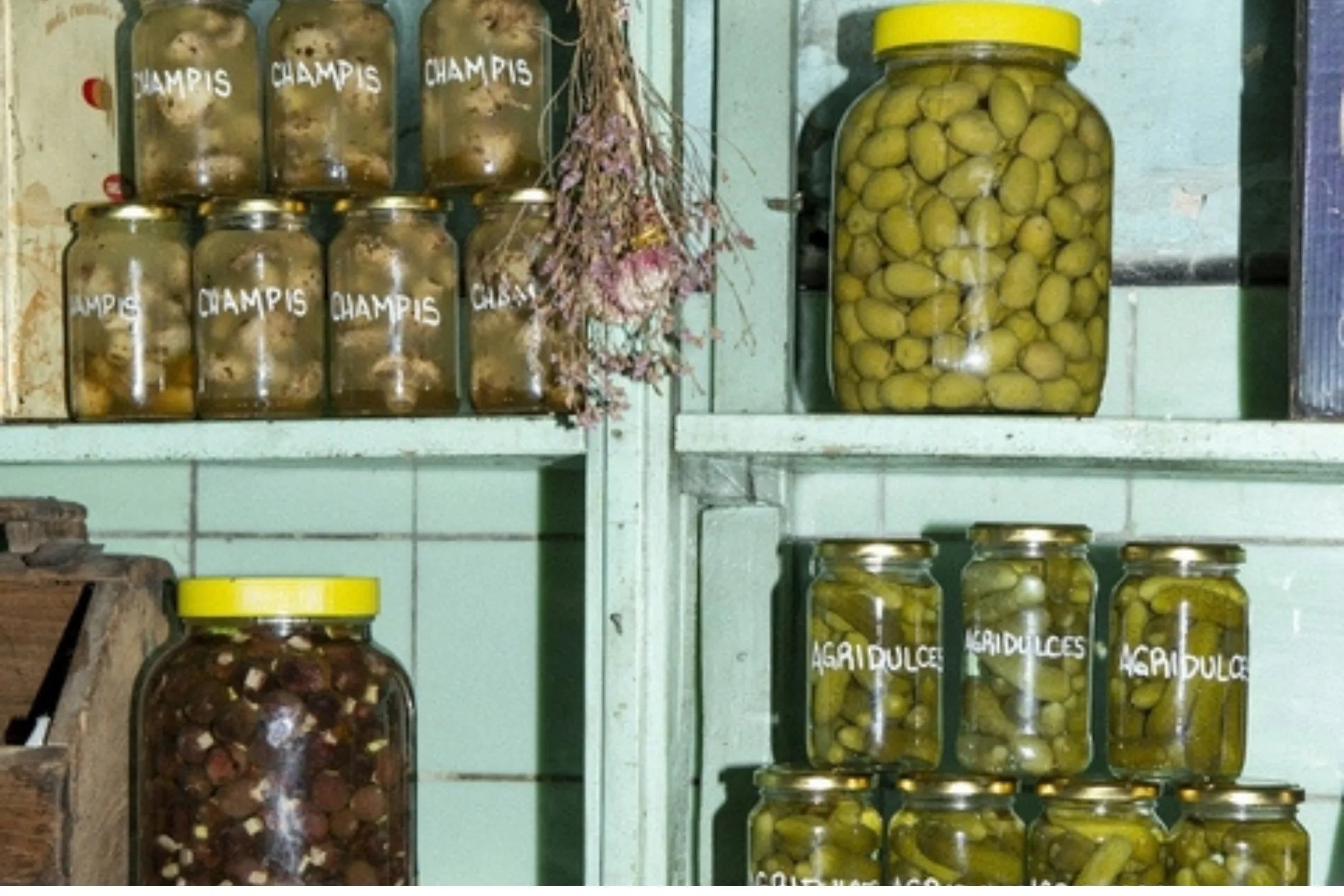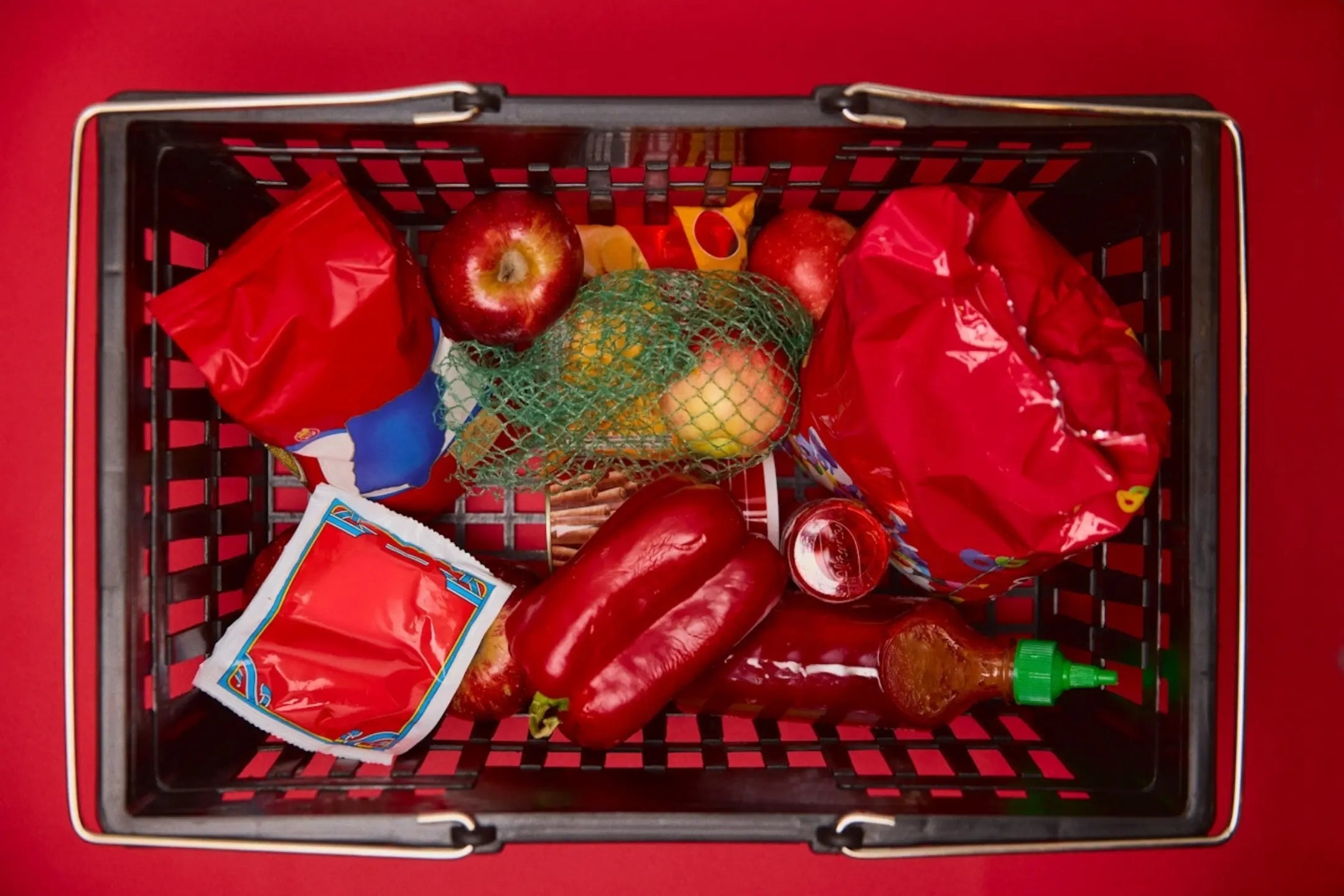They're everywhere you look. From supermarket shelves to TV adverts, and the flashing banners at sporting events. Let's face it, big names like Coca Cola have their products up in lights everywhere. But what happens when that refreshing drink comes with a hefty dose of sugar, other than the spike in blood glucose and crash in energy levels not long after. We aren't playing when we say hefty either, many of us could be consuming upwards of 20KG of extra sugar a year from these drinks alone! But don't worry, we have the solution 👍
Let's take a look at two of the biggest problems when it comes to soft drinks/soda, the addiction to sugar and the effect big brand marketing has on us all. We will also let you in on some of our favourite alternatives 🤩
The Sugar Addiction:
Just like a catchy tune, fizzy drinks can be addictive. The sugar content in these drinks acts like the hook of a song, keeping us coming back for more. They contain potentially habit-forming substances such as caffeine, sugar, and artificial sweeteners. Some experts have even claimed sugar can be just as addictive as drugs like cocaine, and can lead to a cycle of craving and consumption that is difficult to break, but because they are so accessible the problem isn't so easily seen.
How our brain responds to sugar:
When we consume sugar, our brain releases dopamine, a neurotransmitter that regulates the brain's reward and pleasure centres. This release of dopamine creates a pleasurable sensation in the brain, it makes us feel good, gives us a rush of something and leaves us wanting more.
When we have sugary drinks like Coca Cola, Fanta, and Dr Pepper, our bodies experience a quick spike in blood sugar levels. This spike in sugar activates the release of insulin, a hormone that regulates blood sugar levels. Drinking these regularly, means the spike in blood sugar becomes more frequent, which can lead to insulin resistance over time. Insulin resistance is a condition our body's become less responsive to insulin, which can lead to the development of type 2 diabetes, and even increase risk of heart disease.
You may be thinking, 🤔 this doesn't affect me, but as little as a 500ml bottle of Coca Cola a day for a year equates to almost 20KG of sugar and that's simply one drink once a day, what about other products containing sugar, you see how it starts to add up?
How sugar affects the brain 🧠
The Power of Marketing:
Brands have become experts in marketing their products to the masses. They create illusions of happiness and excitement, masking the negative effects of their products. Let’s check out some of the tactics used to keep us hooked on their products:
Slogans – Let’s take Coca Cola for example, for years they have pumped out catchy slogans that not only reflect the brand but the times, even their sales figures. Here’s a few of my favourites: “Coke Adds Life”, “Ice Cold Sunshine”, “Open Happiness” or the latest slogan simply “Real Magic”. Just writing this makes me want crisp, iced glass of the stuff!
Product placement and sponsorships - Beverage companies often engage in product placement in movies, TV shows, and events, as well as sponsorships of sports teams, music festivals, and other high-profile events. These tactics help to increase brand visibility, create positive associations, and reach a wide audience. Let’s take sporting events, sticking with Coca Cola they have had a long-standing partnership with the biggest international competitions such as the Olympic Games and the FIFA World Cup. These events are watched by millions and millions of us. It’s the perfect platform for a marketing campaign, and it works, but should it be allowed? The study below shows just how powerful marketing can be.
The power in play 😯
A RCT (randomised control trial) study from 2018 looked into the effects of different types of sponsorships during elite sports events on young adults. And the results are eye-opening!
The study found that when it comes to sponsorship, unhealthy food brands take the lead in capturing young adults' attention. They not only increase brand awareness, but also create more favourable attitudes and preferences for their products among the young sport-loving crowd. But here's the surprising part - even sponsorship by healthier food brands had similar effects! Not only did they generate positive perceptions of their brands, but they also prompted an increase in preference for healthier food options among the participants.
This suggests that promoting sponsorship by healthier food brands could be a powerful way to encourage healthier eating among young adults.
Breaking the addiction:
Just like breaking a bad habit, breaking the fizzy drink addiction takes time and effort. It's like learning to ride a bike - it may be difficult at first, but with determination, it becomes easier.
Here are a few of our favourite alternatives if we need a fizzy hit:
DASH Sparkling Spring Water – these guys now have an array of flavours, from raspberry to cucumber, plus they use ‘wonky’ fruit which helps to conquer food waste 😊 They give you a sparkly, refreshing hit but with no sugar or sweeteners 🙌
San Pellegrino Sparkling Water – I know, I know, it’s not the same, but why not try making it a bit more exciting by adding fruit (I think frozen berries work a treat 🍓) or what about cucumber 🥒
Kombucha – There’s lots of brands but Equinox is one of my favourites, yes it does contain sugar but it has 1/3 of what Coke does per 100g. Be aware kombucha often contains traces of alcohol, which is created in the fermentation process.
Cawston Press - These guys shake up their pressed fruit juice with around 40% water 💦 and don't add any extra sugar or sweeteners, this means they only have around 6g of sugar per 100g 👍 Plus their sparkling ranges have even less sugar 🙌
Appletiser - did you know Appletiser has one single ingredient 🍏 they use 100% carbonated apple juice, which is pretty cool. And containing only a 1/3 of sugar found in CocaCola we think that's a pretty sweet trade.
This week on TikTok and Instagram 🎥 We'll delve into the world of soft drinks, plus share some healthier alternatives for you to try 🤩







Leave a comment
All comments are moderated before being published.
This site is protected by hCaptcha and the hCaptcha Privacy Policy and Terms of Service apply.